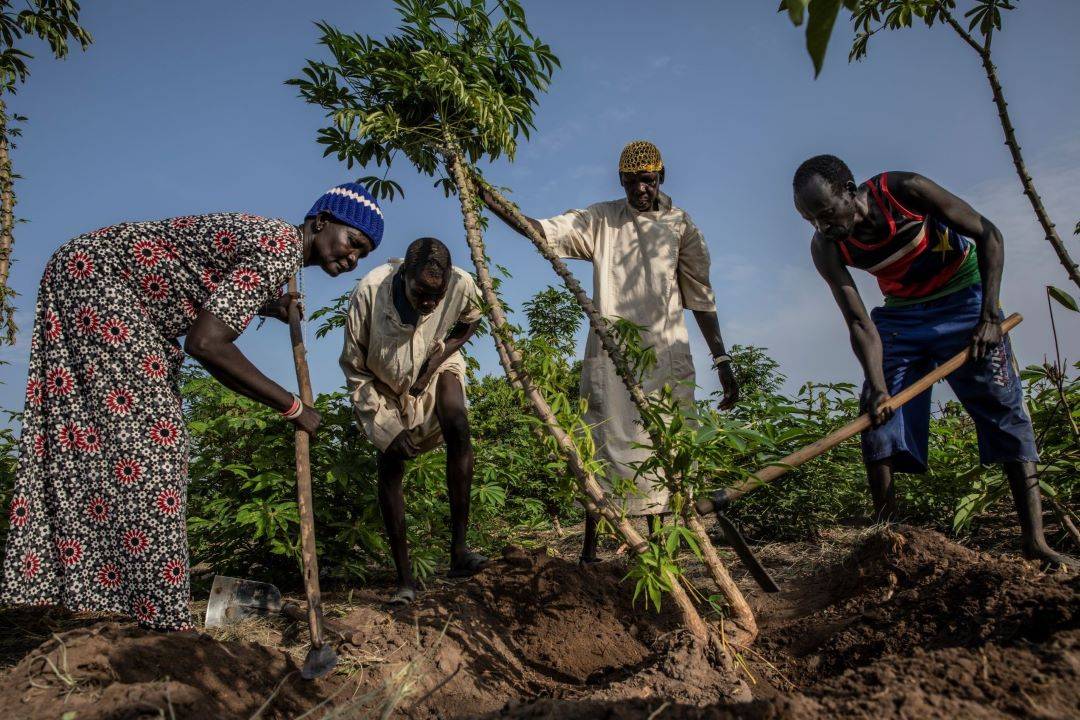
Developing African economies were just starting to recover from the epidemic when Russia invaded Ukraine, causing capital market upheaval and an increase in inflation that pushed food prices skyrocketing. Meanwhile, the continent was already dealing with catastrophic weather occurrences such as drought, flooding, and cyclones, which were exacerbated by climate change.
"African nations are true victims. They are not to blame for the disastrous effects of climate change," Comoros Finance Minister Mze Abdou Mohamed Chanfiou said during a press conference with two of his African counterparts during the International Monetary Fund (IMF) and World Bank spring meetings in Washington. The trio was addressing on behalf of Africa's finance ministers.
"Even though the IMF, World Bank, and our regional institutions have established emergency funds, these funds do not appear to be sufficient to respond to this." Last year, the IMF established the Resilience and Sustainability Trust (RST) to channel excess IMF Special Drawing Rights reserves from wealthier countries to poor and vulnerable middle-income countries.
The trust's goal is to provide long-term, low-interest financing for needs such as climate change adaption and the transition to cleaner energy sources. Rwanda, Barbados, Costa Rica, Bangladesh, and Jamaica have already signed credit agreements with the institution, while 44 more countries have expressed interest. The three African finance ministers encouraged wealthier nations to fulfil their obligations to support the trust.
According to IMF Managing Director Kristalina Georgieva, the IMF has already received $40 billion in promises for the RST. She noted that further donations were received on Friday, "meaning that there is a very good likelihood that we can build it even further in terms of financial strength." Meanwhile, African finance ministers have urged for a G20-backed framework to assist nations in restructuring burdensome debt in order to move further.
Since the outbreak of the epidemic, two African countries, Zambia and Ghana, have already defaulted on their national debt. While they have signed on to the programme, it has yet to deliver relief. While Africa requires additional assistance to deal with food shortages and high food costs caused by weather events and the Ukraine conflict, the ministers stated that African nations must also play a role.
Speaking at the same press conference on Saturday, Sierra Leone Finance Minister Sheku A.F. Bangura said Africa must harness its agricultural sector to improve domestic production and lessen its exposure to import interruptions. "The crisis we have is a permanent one. We need a much stronger and more consolidated approach he stated.









